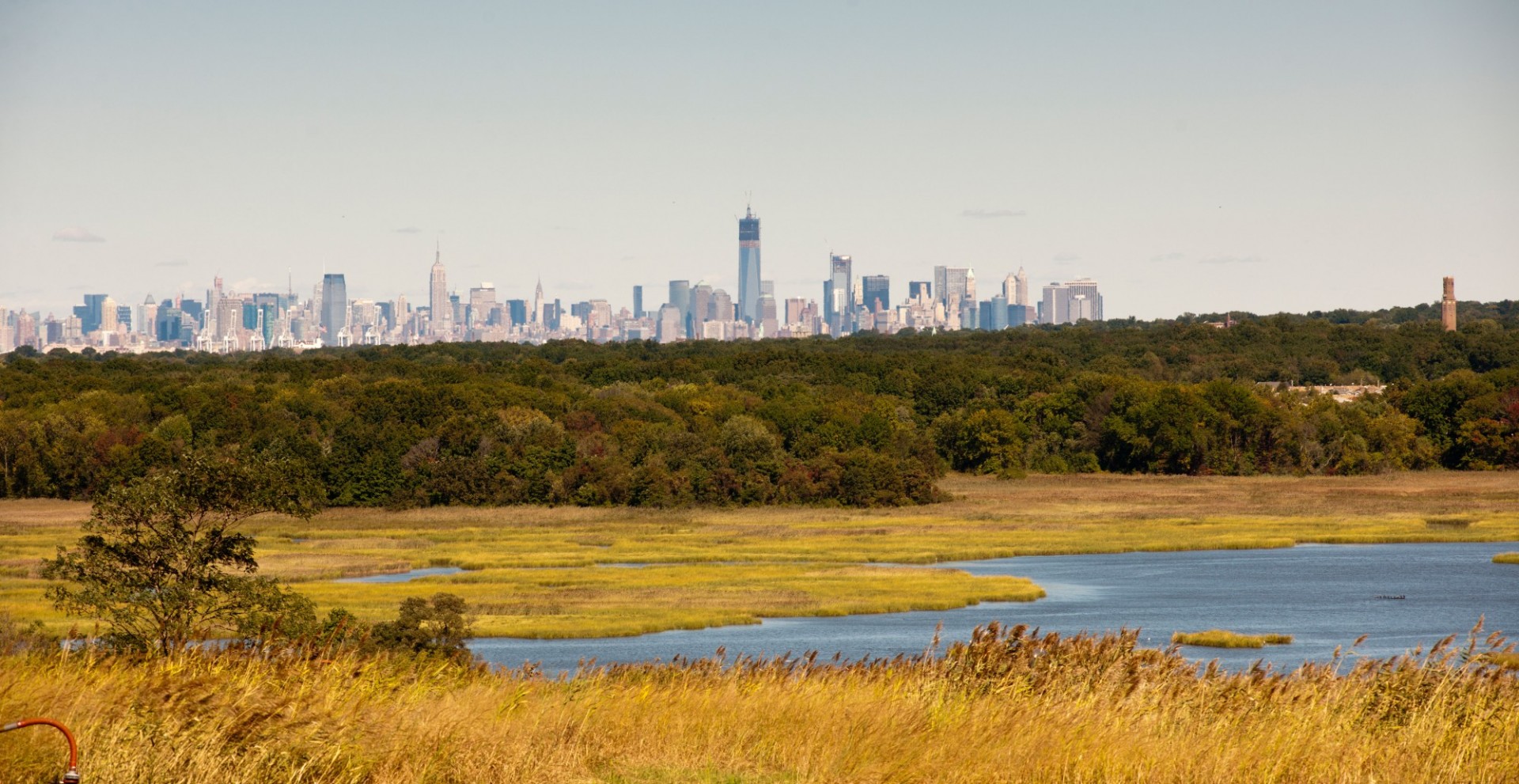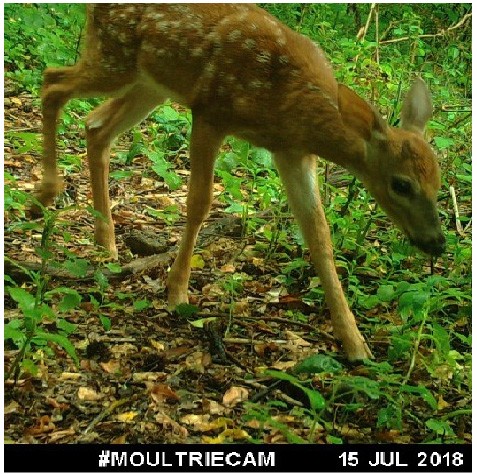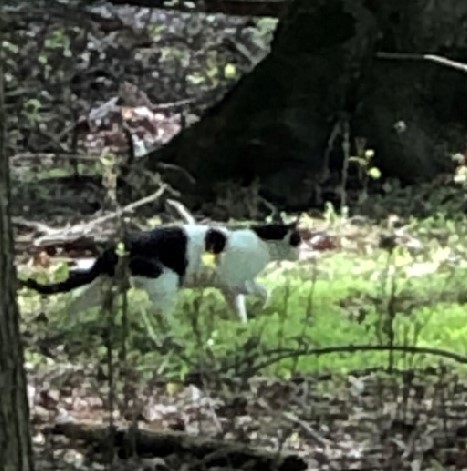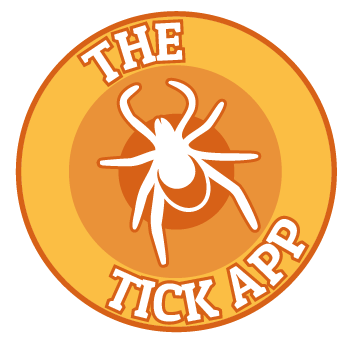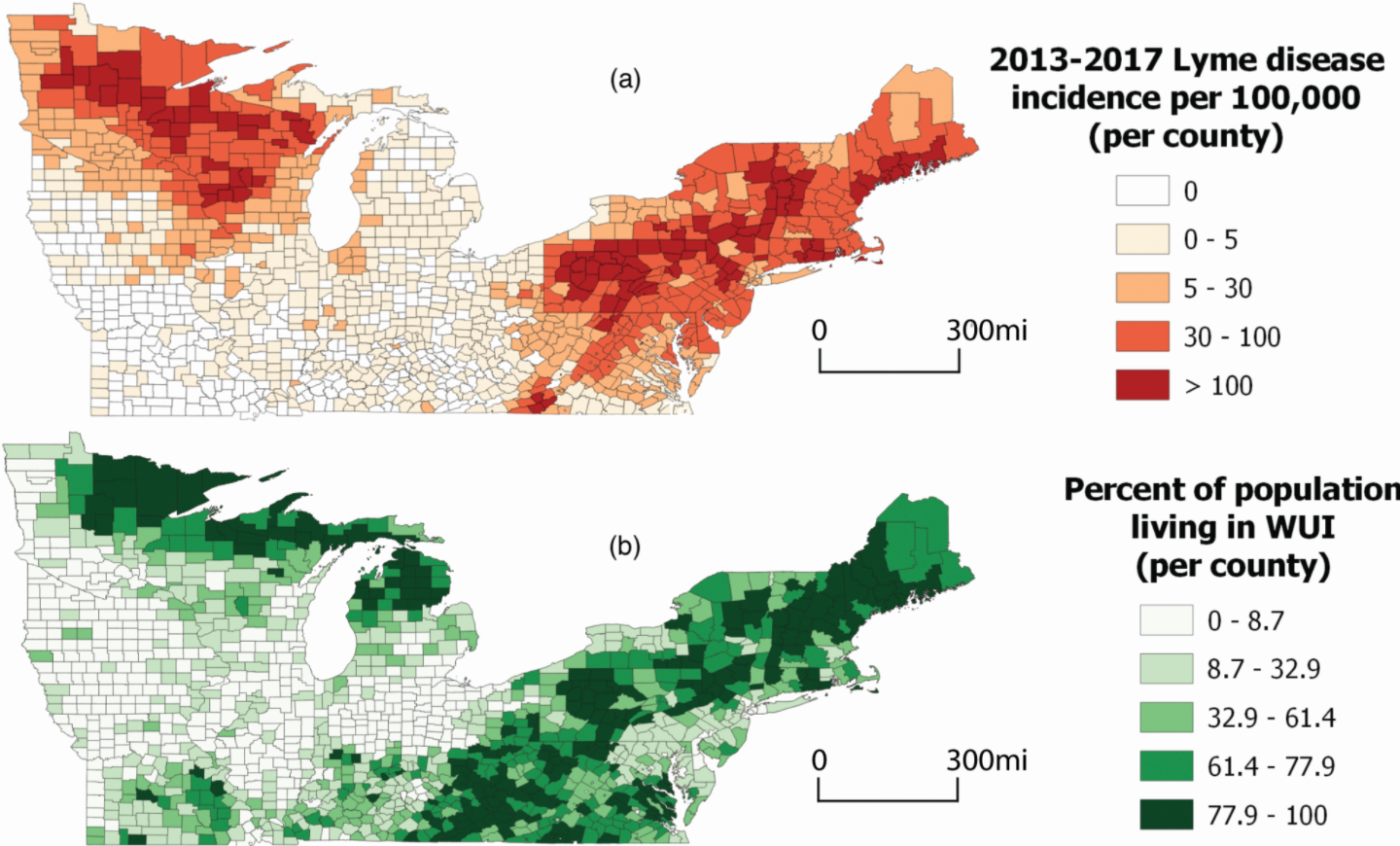Learn more about our research!
Our current projects
The Eco-epidemiology lab led by Prof. Maria Diuk-Wasser has been conducting several tick-focused research projects in NYC since 2017. Our field work has focused primarily on Staten Island, the most affected borough.
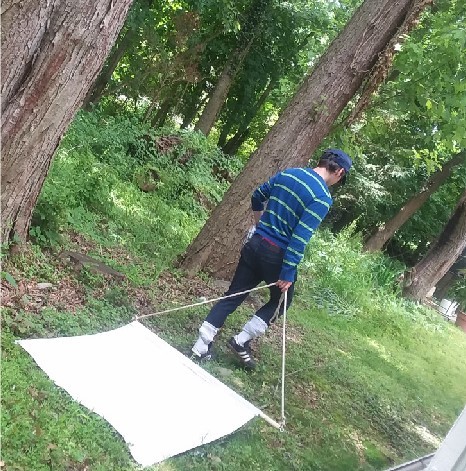
During house visits, we will evaluate the risk in the yards by sampling for ticks and conducting a survey to learn about protective measures people undertake or are willing to implement. This data will be combined with the data collected in parks and The Tick App to understand how can we better prevent tick exposure and provide custom-made solutions for Staten Islanders.
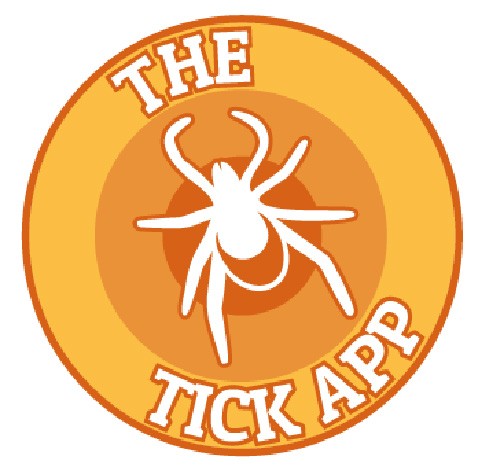
The main goal of this project is to study human behavior, tick exposure and the risk of Lyme disease using a citizen science approach via a smartphone application, The Tick App. The Tick App uses a combination of surveys and geolocation technology to uncover how people's day-to-day activities play a role in their risk for tick-borne diseases.
